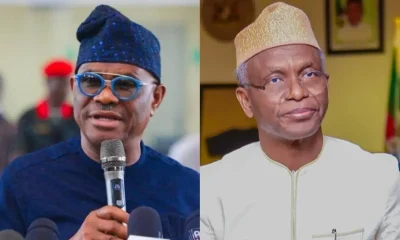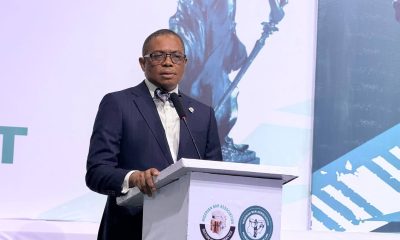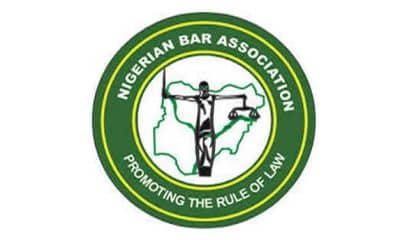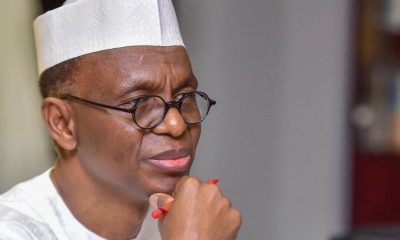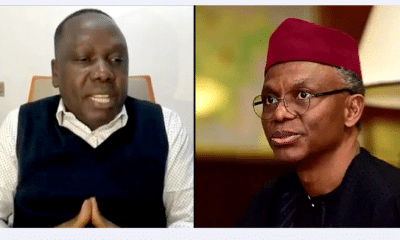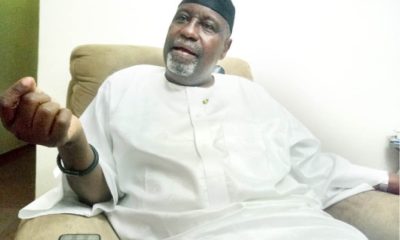Nigeria News
El-Rufai Alleges Widespread Corruption In Nigerian Judiciary
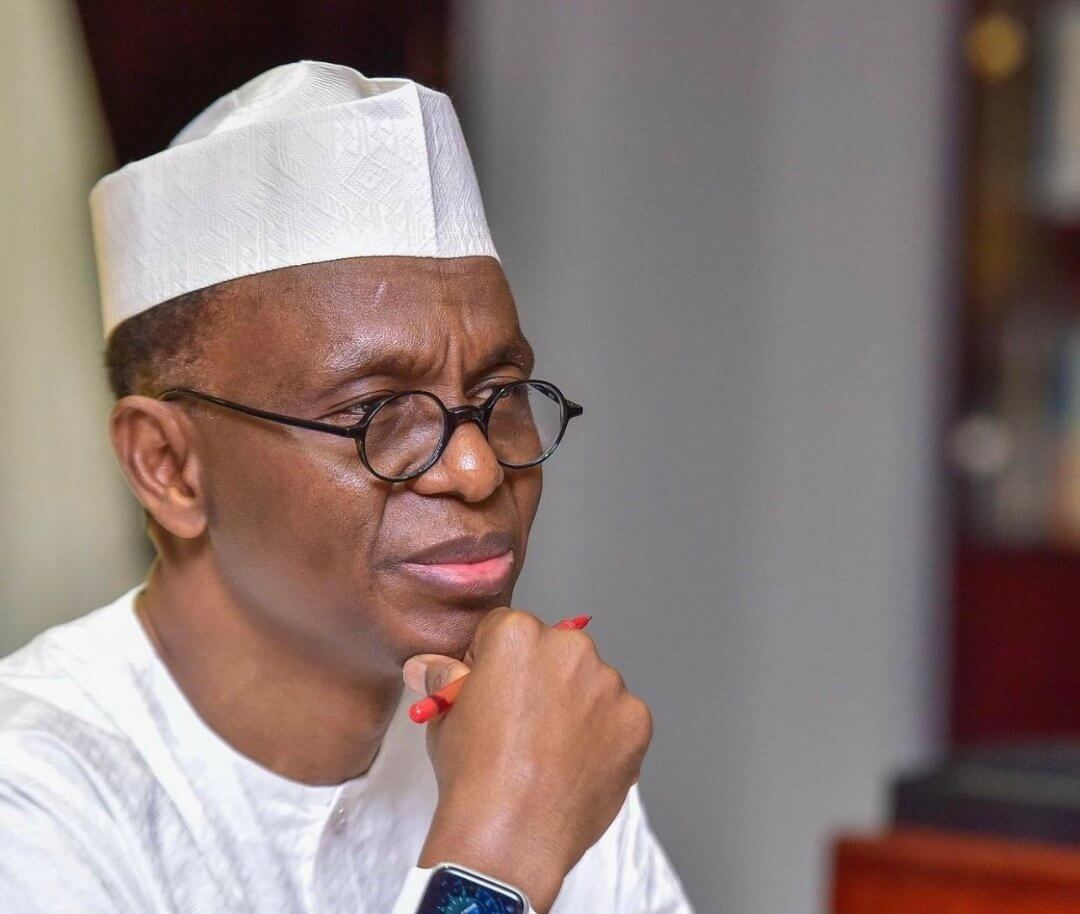
Former Kaduna State Governor, Nasir El-Rufai, has accused the Nigerian judiciary of being plagued by corruption, citing widespread dishonesty among judges and lawyers.
Speaking on Monday during the Law Week of the Nigerian Bar Association (NBA), Bwari Branch, in Abuja, El-Rufai voiced concerns about public distrust in the judicial system due to delayed justice and biased rulings.
El-Rufai stated that the public’s confidence in the judiciary has significantly eroded, asserting that justice in Nigeria often favours the rich and powerful.
He explained that many Nigerians perceive the system as corrupt, with the influential using their power and wealth to manipulate judicial outcomes.
“The rise in ‘forum shopping’ and the weaponisation of ex parte orders in political matters have exacerbated the situation. The public increasingly believes that justice is for sale and available only to those with money or influence,” he noted.
Naija News reports that the former governor also criticised the frequent use of ex parte orders, particularly in political cases, accusing some lawyers of exploiting the courts for personal or political gains.
El-Rufai called for a fundamental reflection by legal professionals on their roles within the judicial system, urging them to ensure that justice is served impartially and without undue influence from the executive arm of government.
“In parallel, our judiciary, meant to be the bedrock of fairness and order, is under intense scrutiny. Concerns about delayed justice, procedural inefficiencies, and in some cases, judicial compromise (to put the matter delicately), erode public confidence,” he said.
El-Rufai emphasised the growing divide between law and justice in Nigeria, suggesting that the law is often administered based on the wishes of the executive, rather than on principles of fairness and justice.
He urged members of the legal profession to introspect and reflect on whether justice is truly blind, as symbolised by the scales of justice held by the statue of Justitia.
“The demand on you, as practitioners in the Temple of Justice, is a sober introspection as you contemplate whether indeed Justitia is blind and whether she holds the scales of justice in fine balance,” El-Rufai concluded.

